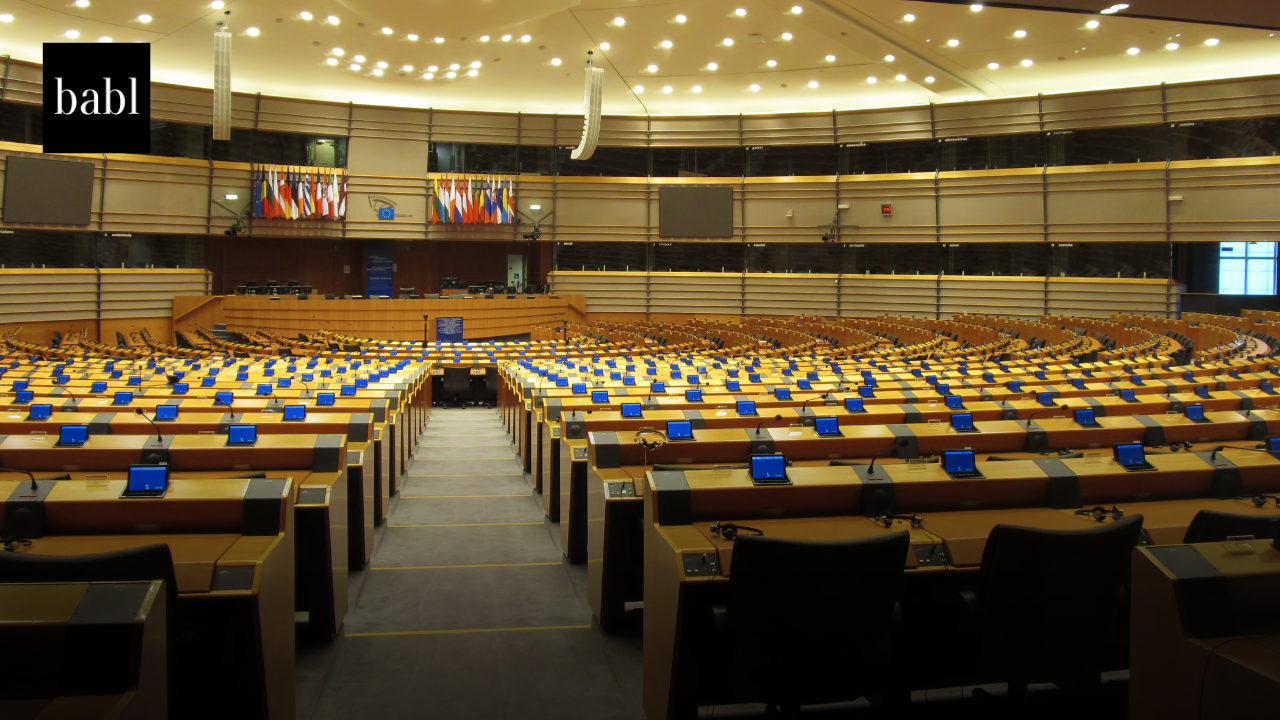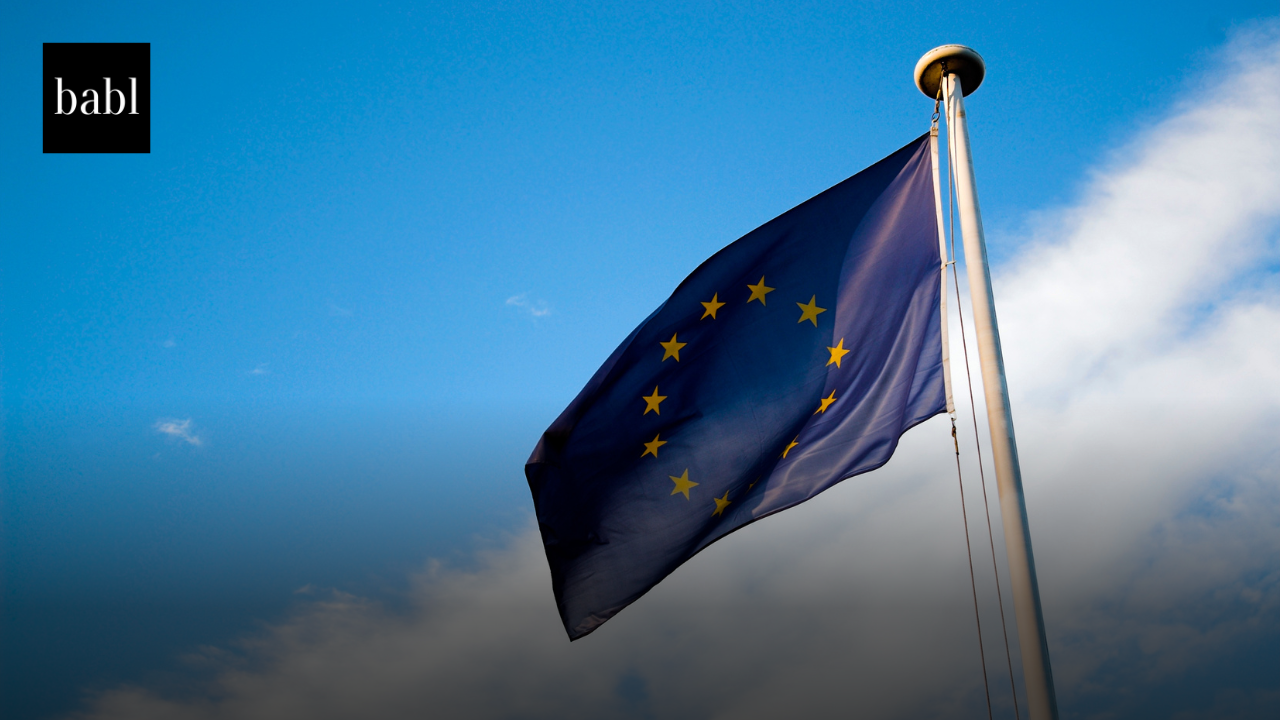The Swiss Federal Council has announced its approach to regulating artificial intelligence (AI), opting for a framework that balances innovation with the protection of fundamental rights and public trust. The decision, made on February 12, 2025, follows an extensive review of regulatory options conducted by the Federal Department of the Environment, Transport, Energy and Communications (DETEC) and the Federal Department of Foreign Affairs (FDFA).
As part of its strategy, Switzerland will ratify the Council of Europe’s AI Convention, incorporating its principles into domestic law. While the country currently lacks AI-specific legislation, the Federal Council aims to adapt its legal framework to address key concerns such as transparency, data protection, and non-discrimination.
Rather than implementing a broad, cross-sector AI law similar to the EU AI Act, Switzerland will take a sectoral approach. This means legislative changes will be made only in areas where AI regulation is deemed necessary, particularly in relation to fundamental rights and economic freedoms.
The Council of Europe’s AI Convention will serve as the foundation for these regulatory efforts. While binding legislative measures will be introduced for core issues such as privacy and fairness, the Federal Council is also considering non-binding measures such as self-declaration agreements and industry-led initiatives.
Switzerland’s approach reflects a desire to maintain its reputation as a hub for AI innovation while ensuring responsible AI development and deployment. The government aims to foster public trust in AI technologies by establishing clear rules on how AI systems operate and impact citizens.
To guide its decision, the Federal Council commissioned several analyses, including a legal review of the AI Convention and the EU AI Act, a sectoral analysis of how AI is already being regulated in various industries, and a comparative study of AI regulations in 20 other countries.
Based on these findings, the government has outlined a roadmap for implementing AI regulations. The Federal Department of Justice and Police, in collaboration with DETEC and the FDFA, will draft a consultation document by the end of 2026. This draft will define the necessary legal measures to implement the AI Convention, focusing on issues such as transparency, oversight, and accountability.
Additionally, a broader implementation plan will be developed to address non-legislative measures. This plan will ensure that Switzerland’s AI regulations remain compatible with those of key trading partners, minimizing potential disruptions for businesses operating internationally.
Switzerland’s regulatory approach aims to provide legal clarity while allowing room for AI advancements. The government recognizes that AI technology is evolving rapidly, making it essential to strike a balance between safeguarding citizens and fostering innovation.
By adopting a mix of binding regulations and flexible guidelines, the Federal Council hopes to create a regulatory environment that adapts to future AI developments. This approach also aligns with Switzerland’s broader economic strategy, ensuring that AI regulations do not stifle growth in the country’s thriving technology sector.
Need Help?
If you’re concerned or have questions about how to navigate the global AI regulatory landscape, don’t hesitate to reach out to BABL AI. Their Audit Experts can offer valuable insight and ensure you’re informed and compliant.





